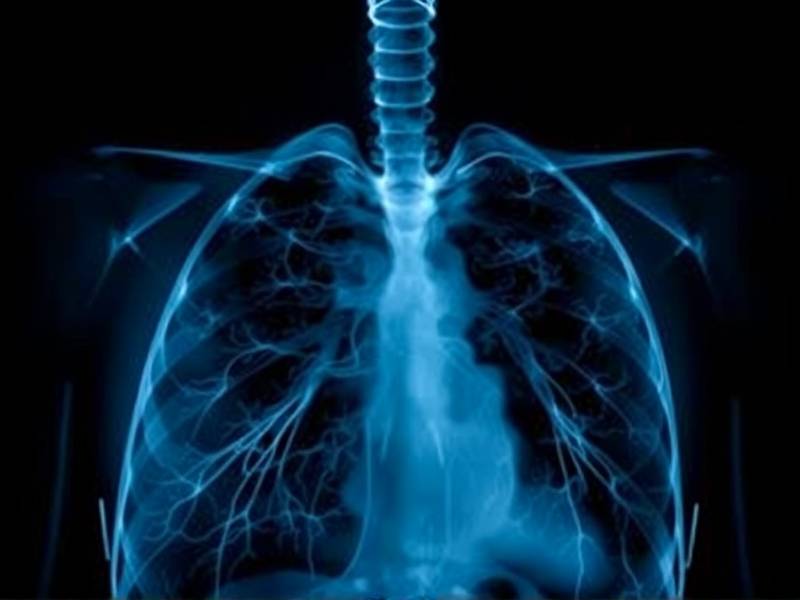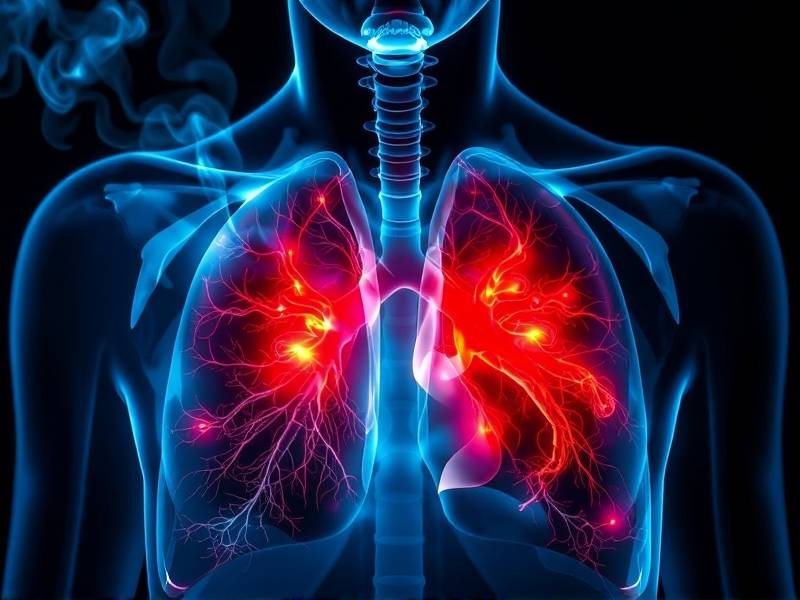Does Quitting Smoking Really Stop the Progression of Emphysema?
Does Quitting Smoking Really Stop the Progression of Emphysema?
Introduction: Emphysema, a chronic obstructive pulmonary disease (COPD), is a condition that affects the air sacs in the lungs. While smoking is the primary cause of emphysema, many people wonder if quitting smoking can truly halt the progression of this disease. In this article, we will explore the relationship between quitting smoking and the progression of emphysema, providing insights based on scientific research and expert opinions.

I. Understanding Emphysema: Emphysema occurs when the air sacs in the lungs become damaged and lose their elasticity, leading to difficulty breathing. This damage is often caused by long-term exposure to irritants like tobacco smoke. The symptoms of emphysema include shortness of breath, coughing, and chest tightness.

II. The Impact of Smoking on Emphysema: Smoking is a well-known risk factor for emphysema. The harmful chemicals in tobacco smoke can cause inflammation and damage to the lung tissue over time. This damage leads to the formation of pockets in the lung tissue, reducing its ability to expand and contract effectively.
III. Quitting Smoking: A Potential Solution? Numerous studies have shown that quitting smoking can significantly slow down or even stop the progression of emphysema. When a person stops smoking, their lungs begin to heal gradually as inflammation decreases and healing processes take place.
IV. Benefits of Quitting Smoking for Emphysema Patients:
- Reduced Inflammation: Quitting smoking helps reduce inflammation in the lungs, which can lead to improved lung function.
- Slower Progression: By stopping smoking, patients may experience a slower progression of emphysema symptoms.
- Better Quality of Life: Improvements in lung function can enhance overall quality of life for emphysema patients.
- Reduced Risk of Other Health Issues: Quitting smoking also reduces the risk of developing other health problems associated with COPD, such as heart disease and stroke.
V. Challenges in Quitting Smoking: While quitting smoking has numerous benefits for emphysema patients, it is not an easy task. Many individuals find it challenging to quit due to nicotine addiction and withdrawal symptoms like cravings, irritability, and anxiety.
VI. Support Systems for Smokers Trying to Quit: To increase their chances of success, smokers should seek support from healthcare professionals, support groups, or cessation programs designed specifically for individuals with COPD or other respiratory conditions.
Conclusion: In conclusion, quitting smoking can indeed help stop or slow down the progression of emphysema by reducing inflammation and promoting lung healing. While it may be challenging for some individuals to quit smoking due to addiction and withdrawal symptoms, seeking support from healthcare professionals and joining cessation programs can improve one's chances of success.
Remember that early detection and treatment are crucial in managing emphysema effectively. Consult with your healthcare provider if you have concerns about your lung health or if you're considering quitting smoking.
(Note: This article is intended for informational purposes only and does not replace professional medical advice.)
